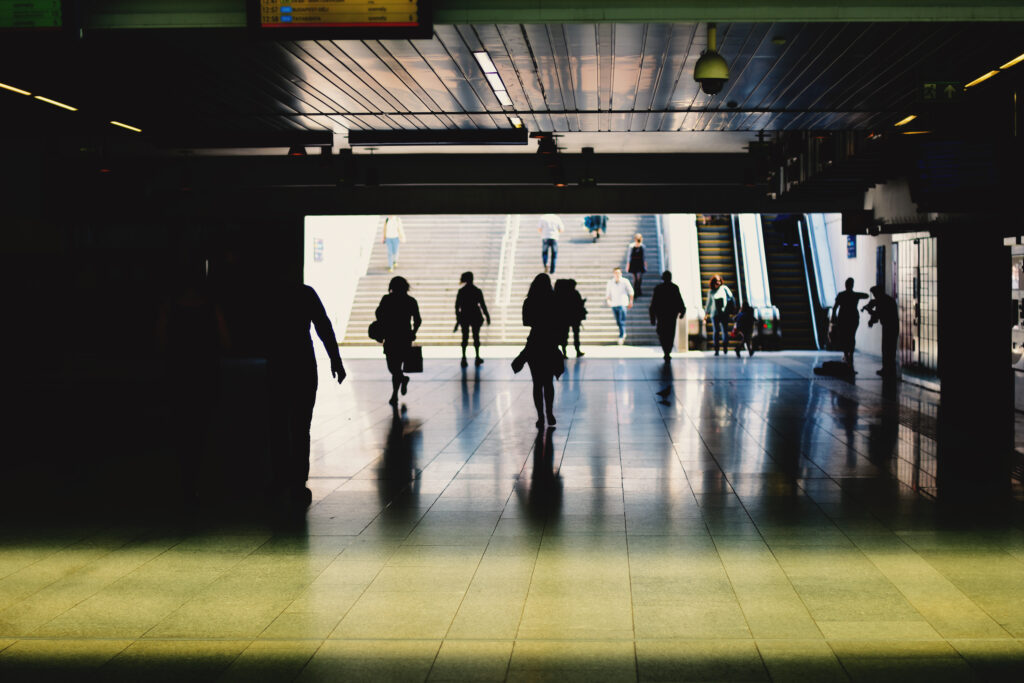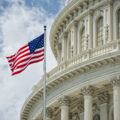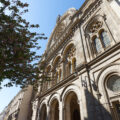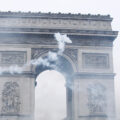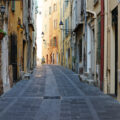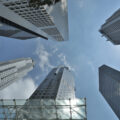French Catholic Church: The war of masses
French Catholic Church: The war of masses
Since Friday 30 October, France has entered a second lockdown because hospitals are saturated. And since the 3rd of November, religious services are once again forbidden. Indeed, any gathering or meeting in a church is now prohibited, except for funeral ceremonies with a limit of 30 people. This time, however, French bishops have not let it happen so easily. Let’s take a look at how the French Catholic Church is dealing with COVID-19.
The actions taken by the Church
After the announcement of a new lockdown, French Catholics approached the government in several ways.
First, in less than 24 hours, thousands of people signed the petition to request permission for public masses during the new lockdown.[1] One day later, the bishops of France filed summary proceedings with the Conseil d’État (Council of State) with the goal of saving their right to organise masses.[2] The French Council of State has the competence of a judge and is responsible, among other things, for appeals against acts which generally have a national scope. It is therefore to the Conseil d’Etat that citizens must turn to protest against a government decree.[3] Finally, on the same day, five bishops joined several other Catholic associations to file a second summary application before the Council against the prohibition of masses decreed by the government.[4]
The Council of State responded by scheduling a hearing to examine the various appeals.
The Council‘s answer
On 7 November, the Council of State ruled in favor of the government’s ban on mass and other large gatherings. However, it called for a consultation between the government and representatives of religious denominations in order to “specify the conditions under which these restrictions could evolve.” The majority of bishops accepted the restriction although they deplored it.[5]
However, this decision has led some bishops to reflect negatively on French secularism. As an example, Mgr David Macaire, archbishop of Fort-de-France, calls for spiritual resistance and says: “In the name of safety – health or otherwise – our freedom is at risk.” He sees this prohibition as a violation of the freedom of religion. On the other hand, Mgr Pascal Winzter, Archbishop of Poitiers, criticises those who see the reasons for the ban as a desire to discriminate against Christians. However, he recognises the validity of the suffering of Catholics.[6]
It will be interesting to see whether all French bishops and priests respect the wishes of the state or whether some begin to organise masses illegally. Indeed, an illegal mass was already organised for Easter at Saint-Nicolas-du-Chardonnet, a conservative parish in Paris, during the first lockdown.[7]
For the time being, there are only rumours on social networks, but it is difficult to discern the simple criticisms from the more concrete calls for “spiritual resistance.”
Juliette Marchet
To all news items ->
Would you like to stay updated on similar topics? Create an account on our Dashboard and receive free updates.
[1] The petition “Pour la messe”
[2] Plusieurs évêques déposent un référé devant le Conseil d’Etat
[3] The Conseil d’Etat (wikipedia)
[4] Interdiction des messes l’audience fixée au 5 novembre
[5] Interdiction des cultes publics le Conseil d’Etat rejette le référé
[6] The speech of Mgr Pascal Winzter (French)
[7] Messe clandestine à Paris
